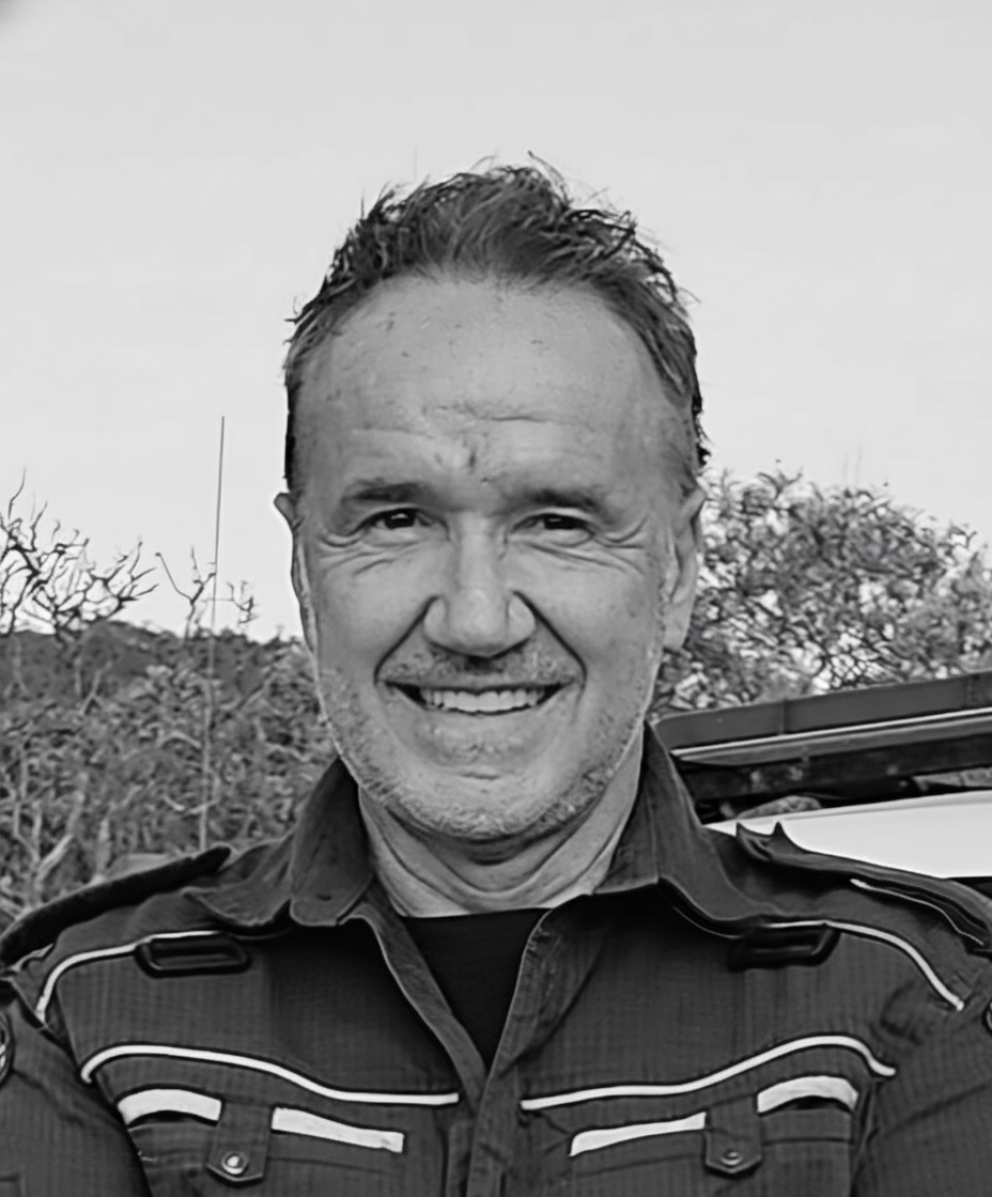Interview with Jackie Perry by Paul Spinks
There are conversations that stay with you long after they end. My recent discussion with Jackie Perry, captured in an interview, was one of those. Jackie is a remarkable woman from my local community in Moranbah, Queensland, who has turned her profound personal tragedy into a beacon of hope and support for others.
Jackie's son, Dan, who tragically took his own life, worked in the mines at Rio Tinto. Like many in that demanding industry, Dan was grappling with immense internal pressures, and in the months leading up to his death, he began to push his family away – a heartbreaking attempt, perhaps, to shield them from his pain. Jackie shared the gut-wrenching moment she received that final, devastating text, the gut-wrenching realization that her efforts to help had been outpaced by his internal struggle.
Jackie’s immediate impulse wasn't to retreat into her own grief. Instead, she and her friend Debbie, who also lost a son to suicide, started "Talk About It Tuesday." They realized how often conversations about their children, about their grief, were met with discomfort or silence. They decided that every Tuesday, they would create a safe space to speak their sons’ names, to share stories, and to acknowledge the pain openly. This simple yet profound act of remembrance and community support is now even sponsored by Qantas.
As a paramedic of 25 years, I’ve been on the receiving end of those aftermaths. I’ve seen the devastating impact of suicide and the silence that often surrounds it. Jackie’s commitment to ensuring her son's memory is celebrated through conversation, rather than silenced by stigma, is incredibly brave. She rightly says that everyone needs their grief witnessed, and that hearing stories about loved ones is all that’s left.
Jackie's work, and her candid sharing of her story, is a powerful testament to the impact we can have when we dare to be vulnerable and offer a listening ear. It highlights a critical lesson for all of us, especially in the workplace: sometimes, the most profound help we can offer is simply to be present, to offer honesty, and to be brave enough to say, "I don't know what to say, but I'm here to listen to your story." It's in these moments of shared humanity that we can truly begin to change the narrative around mental health and suicide prevention, protecting ourselves and our colleagues, one conversation at a time.




